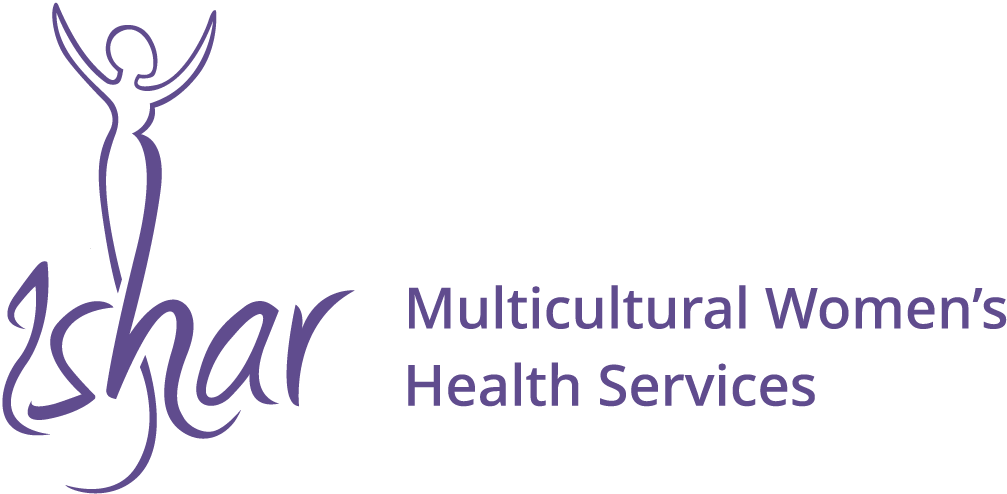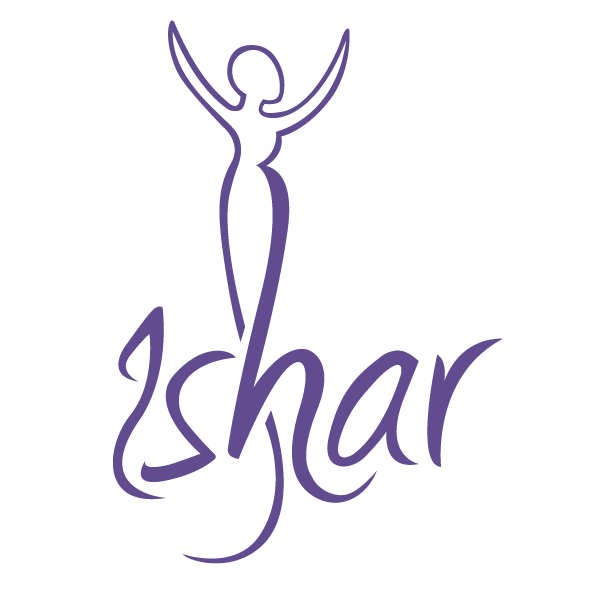Up close & personal 2: Breast & Gynaecological Cancer Awarenes
October is known as breast cancer awareness month in Australia; it is a time where we raise awareness about not only breast cancer but also gynaecological cancers that disproportionately affect women in society. Throughout October we are reminded of different precautionary measures we can take to ensure we catch the cancer early and can therefore remove the cancer early.
What are considered ‘women’s cancers?’ Breast cancer is one of the most common forms of cancer that women are diagnosed with, with 1 in 8 women being diagnosed with breast cancer by age 85. Women are also affected by gynaecological cancers which include but are not limited to ovarian, cervical, vaginal, vulvar, and uterine cancer. As breast cancer is one of the most common cancers that women are affected by, we work hard at Ishar to help women look out for the signs.
Ishar holds breast cancer screening sessions that aim to inform the CaLD community of what to look out for in themselves as well as working to debunk any strewed ideas the women may have surrounding breast cancer such as “No one in my family has had breast cancer, so I will be fine”. The sessions are educational and help the women in a way that they find comfortable. These sessions are typically run by the health promotion team. The information sessions begin with some broad information and then go into some of the things that can increase your chances of developing breast cancer such as being a woman, drinking more than 2 standard alcoholic drinks a day and not eating a balanced diet. The women are then educated on how to be ‘breast aware’.
What is being ‘breast aware?’ Being breast aware refers to being aware of what is ‘normal’ for your breasts and what is not normal for you. Some of the things to look out for include breast or nipple pain, redness/rashes, nipple discharge, and lumps including those around the collarbone or underarm. To be breast aware, it is important you check for these symptoms every month – a good way to remember to check your breasts is to do a monthly check on the 1st day of every month.
We can be breast aware and check our breasts every month but still not detect cancer as some cancers do not show any symptoms. Therefore, it is important to have what’s called a “mammogram” every two years. A mammogram is a screening using a low-dose x-ray of a woman’s breast. A mammogram is typically performed on women 40 years or over who do not have breast symptoms. This type of screening can detect 70-90% of breast cancers and is the only method that can detect cancer in the early stages. It is an important screening to undertake as you get older as the earlier a cancer is detected, the better the chance of successful treatment.
Ishar also holds information sessions on cervical cancer prevention and cervical screening tests. The information sessions inform women about the cervix and its functions, HPV and how it can cause cancer, how to get a cervical screening test and how the HPV vaccine can help to prevent your risk of cervical cancer. These sessions are important for informing women of preventative health measures that can be taken to help the women reduce their risk of cancer as well as increase their risk of catching cervical cancer in the early stages.
Cervical cancer is the growth of abnormal cells in the lining of the cervix. The HPV vaccine is used to protect against the main types of HPV that are known to cause cervical cancer. However, even if you have had the vaccine, you still need regular cervical screenings. Introducing women to cervical screening tests in a comfortable environment is especially important when working with CaLD women as this topic can be a sensitive topic due to its more intimate nature. Therefore, Ishar helps to inform women of how they can collect their own samples when having a cervical screening test. This is a fantastic new option for women who may feel vulnerable and scared to have a doctor collect the sample. Self-collection is more comfortable for many women and is a fantastic new process that has been introduced to cervical screening options. Collecting your own sample is a simple process that is achieved by inserting a swab provided by the doctor into your vagina and then collecting a sample by moving the swab in a circular motion. Once you have done this, remove the swab from your vagina and place it back into the packaging provided by the doctor – you then provide the doctor/nurse with your self-collection swab and the results will be sent to you in due course. This process is less invasive for many women than having the doctor collect the sample themselves.
It’s important that women are aware of their options when they are attempting to look after their health and attend regular screenings. If you are a person with a cervix and between the ages of 25 and 74 – book with your healthcare provider today to have a cervical screening test. Please contact Ishar to book your bulk-billed cervical screening test!
Debunking myths is a vital part of the information sessions. This is important when working with CaLD women as they may have presumptions about women’s cancers that are not actually factual. Some of these include that they may believe that since they are healthy, they cannot get cancer. The health promotion team aims to eliminate these beliefs by providing information such as cancer not discriminating between healthy and unhealthy people. Whilst living a healthy lifestyle can reduce your risk of getting cancer, it does not eliminate it. Focusing on working through some of the beliefs the group may have, one by one, helps to ensure the women leave the session informed and proactive in being breast aware and reducing their risk of cancer.
Breast and gynaecological cancers can seem scary and overwhelming to learn about initially for women who may not have much education or experience with them. Therefore, Ishar holds breast cancer screening information sessions that are important to helping women learn about what to look out for in common cancers such as breast cancer. If you would like to learn more about screenings or anything to do with cancers that affect women book an appointment with your GP. Ishar has doctors onsite that provide you with further assistance in screenings and health advice. Always check in with yourself and seek health advice if you are worried about any unusual symptoms.

